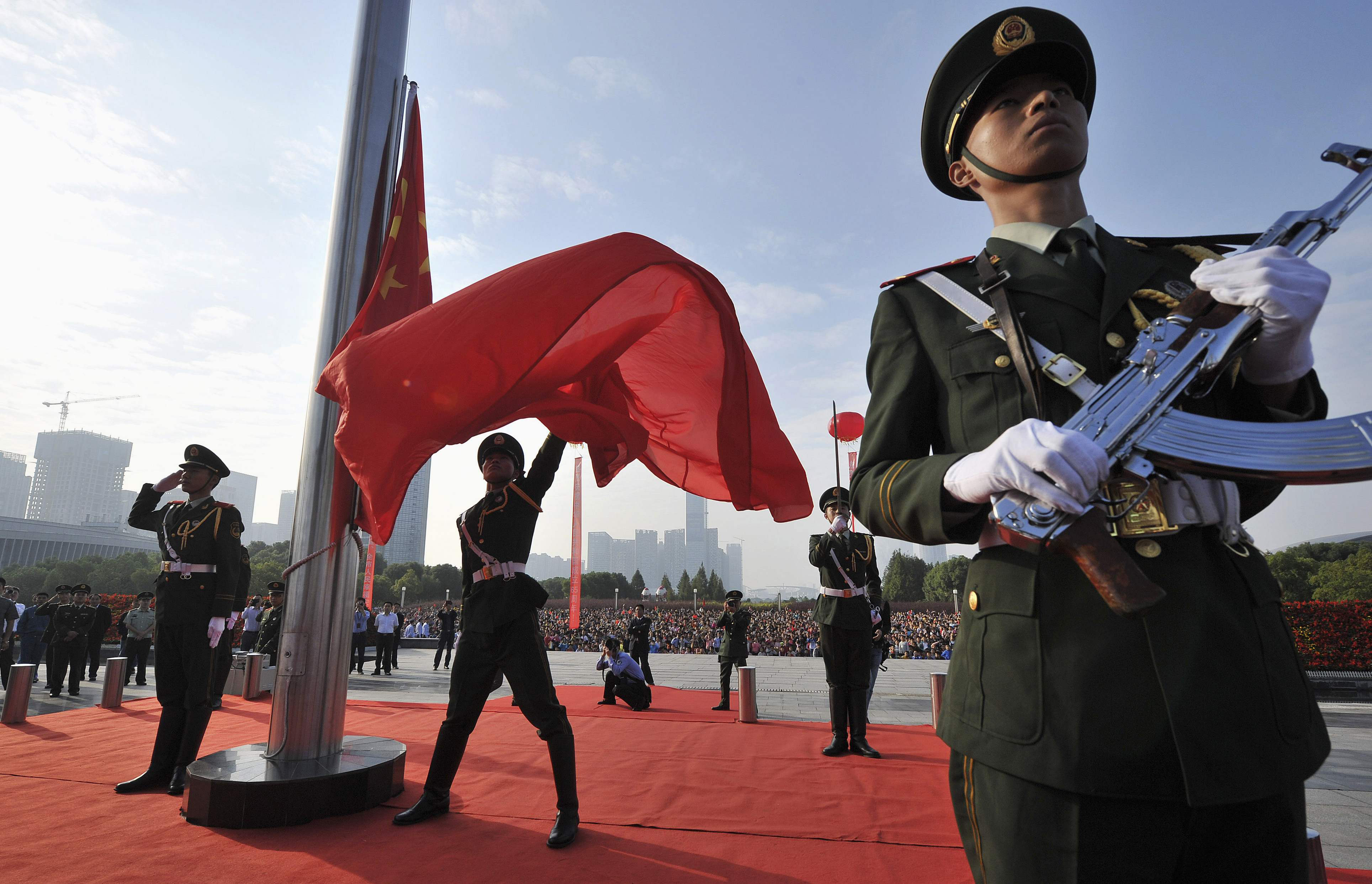In the heart of Mong Kok, one of the most densely populated districts on earth, an abandoned Hong Kong police van is enveloped in the student-led demonstrations paralyzing swaths of the city. Along with yellow ribbons and flowers, symbols of the city's pro-democracy movement, protesters have taped a hand-written placard in Chinese and English to the side of the locked and undamaged vehicle.
"We can't accept the Hong Kong police becoming the Gong An," it reads — a reference to China's feared Public Security Bureau, which enjoys virtually unfettered powers on the mainland.
The stranded police vehicle and the protesters' warning encapsulate the dilemma that the mass protests pose for China's rulers and the authorities in Hong Kong. They need to contain the campaign for democracy in one of Asia's leading financial hubs without the tools employed on the mainland to suppress dissent, including sweeping powers of arrest, indefinite detention, compliant courts and a controlled media.



















With your current subscription plan you can comment on stories. However, before writing your first comment, please create a display name in the Profile section of your subscriber account page.